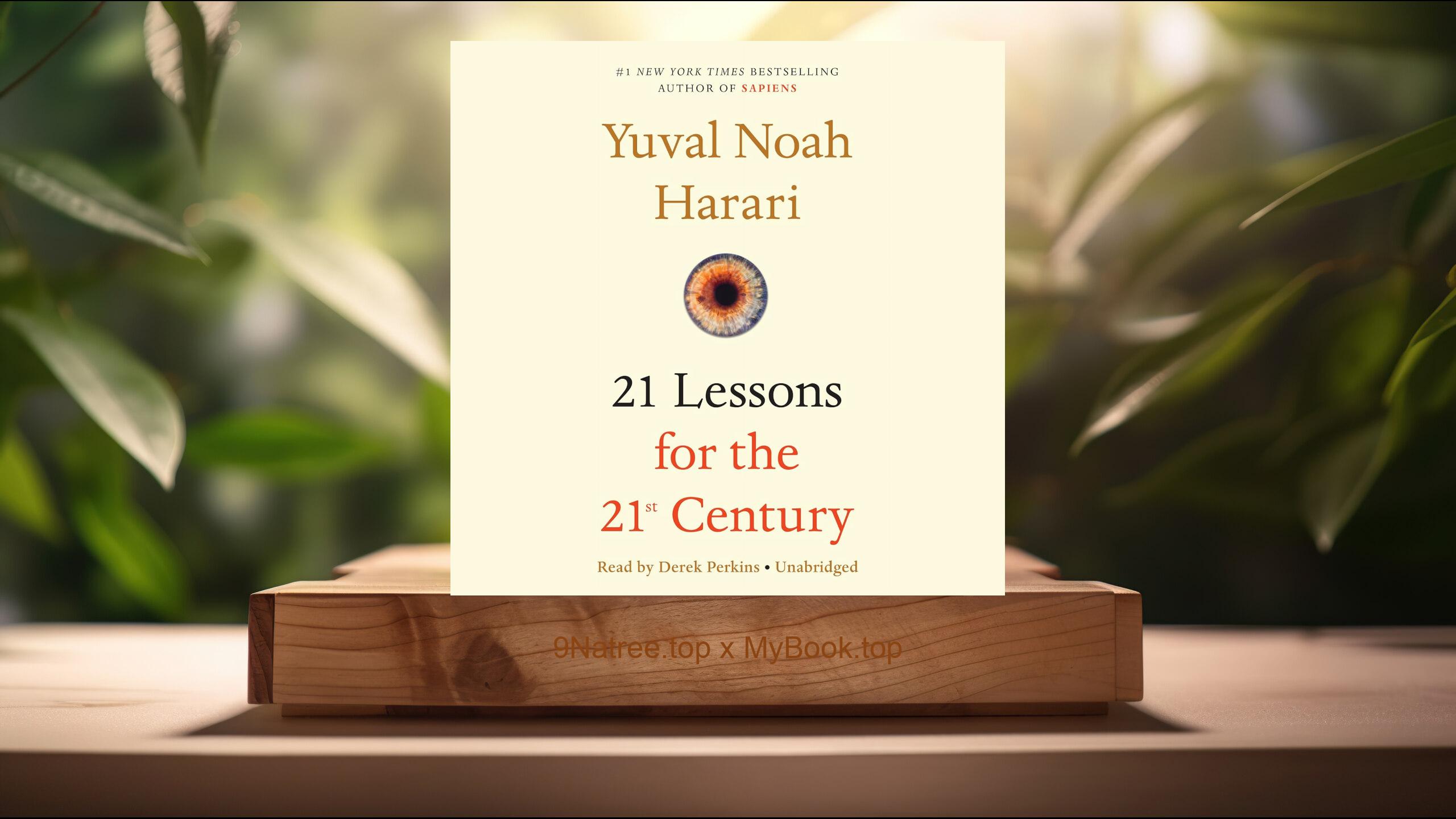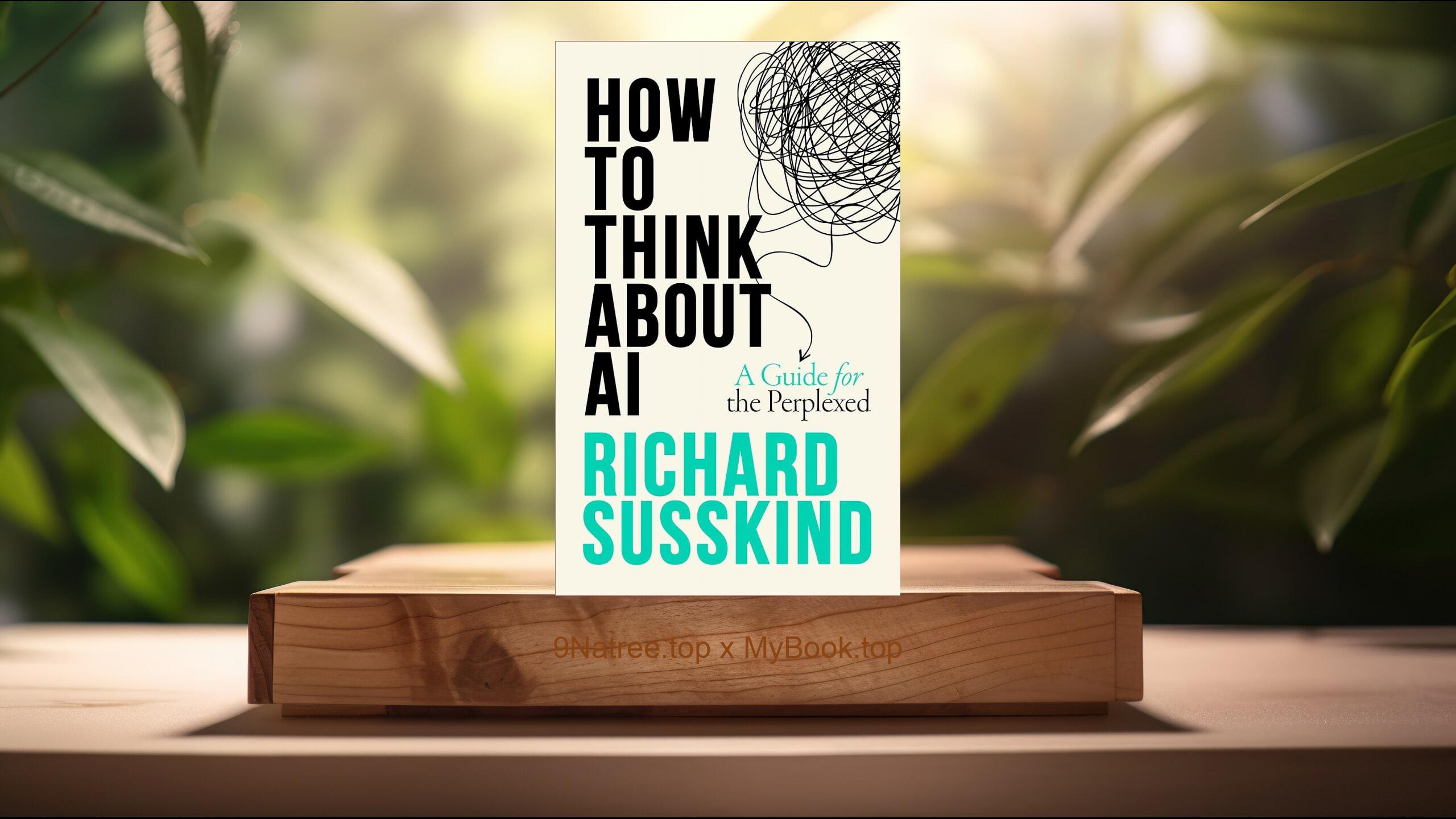Show Notes
- Amazon USA Store: https://www.amazon.com/dp/B07ZHNVG1X?tag=9natree-20
- Amazon Worldwide Store: https://global.buys.trade/The-Precipice-Existential-Risk-and-the-Future-of-Humanity-Toby-Ord.html
- Apple Books: https://books.apple.com/us/audiobook/the-precipice-existential-risk-and-the-future-of-humanity/id1639389426?itsct=books_box_link&itscg=30200&ls=1&at=1001l3bAw&ct=9natree
- eBay: https://www.ebay.com/sch/i.html?_nkw=The+Precipice+Existential+Risk+and+the+Future+of+Humanity+Toby+Ord+&mkcid=1&mkrid=711-53200-19255-0&siteid=0&campid=5339060787&customid=9natree&toolid=10001&mkevt=1
- Read more: https://mybook.top/read/B07ZHNVG1X/
#existentialrisks #effectivealtruism #anthropogenicrisks #globalcooperation #TobyOrd #futureofhumanity #mitigatingrisks #existentialthreats #ThePrecipice
These are takeaways from this book.
Firstly, Understanding Existential Risks, Existential risks are those that threaten the entire future of humanity, either by causing human extinction or by severely crippling our potential for a flourishing future. Toby Ord delineates these risks with clarity and precision, distinguishing them from global catastrophic risks, which, although devastating, wouldn't annihilate humanity. This distinction is crucial for understanding the scope and scale of the threats we face and for prioritizing our responses. Ord argues that existential risks demand a unique approach, given their unparalleled stakes. He explores various historical near-misses and potential future threats, highlighting humanity's vulnerability to both familiar and unknown dangers. The critical takeaway is that recognizing and understanding these risks is the first step towards mitigating them and ensuring humanity's long-term survival.
Secondly, Anthropogenic Risks, Ord devotes significant attention to anthropogenic, or human-made, risks, arguing that they have dramatically increased in the modern era. This category includes threats like nuclear warfare, climate change, and the potential risks posed by advanced artificial intelligence. He provides a thorough analysis of how these risks have evolved alongside technological and societal progress, stressing that our ability to cause widespread destruction has outpaced our capability to manage such powers responsibly. Ord challenges readers to confront uncomfortable truths about humanity's role in escalating existential risks, urging a reevaluation of global priorities and governance structures. Through compelling examples and careful reasoning, he makes a convincing case that mitigating anthropogenic risks is not just a moral imperative but a practical necessity for humanity's survival.
Thirdly, Natural Risks, In addition to human-made threats, Ord explores natural risks that have the potential to cause human extinction. These include volcanic eruptions, asteroid impacts, and pandemics of natural origin. While these phenomena have occurred throughout Earth's history, their impact on a globally interconnected and technologically dependent humanity could be catastrophic. Ord argues that, although these risks are less predictable and more difficult to control than anthropogenic risks, advance preparation and global cooperation can significantly reduce their threat. By investing in early detection systems, global surveillance, and robust response strategies, humanity can better safeguard itself against these age-old dangers. This section underscores the importance of balancing our attention and resources between natural and anthropogenic existential risks.
Fourthly, The Importance of Effective Altruism, Ord situates the fight against existential risks within the broader philosophical framework of effective altruism. This movement advocates for using evidence and reason to determine the most effective ways to benefit others. Ord argues that preventing existential risks represents one of the highest-impact areas for effective altruism, as ensuring the long-term survival and flourishing of humanity could yield immense benefits. He presents effective altruism not just as a philosophical stance but as a practical guide for prioritizing and acting upon existential risks. By allocating resources and efforts where they can do the most good, Ord believes humanity can navigate the precipice of existential risk and emerge into a safer, more prosperous future. The chapter serves as both an introduction to effective altruism and a call to action for its adherents to focus on existential risks.
Lastly, Mobilizing Global Action, One of the book's most pressing themes is the need for global cooperation and action to address existential risks. Ord makes a compelling argument that no single nation or organization can combat these threats alone. He calls for an unprecedented level of international collaboration, transparent communication, and shared commitment to safeguarding humanity's future. This involves not only governmental and intergovernmental bodies but also businesses, non-profits, and the general public. Ord provides concrete recommendations for how various stakeholders can contribute, stressing the importance of creating a global risk management framework. The vision he presents is both ambitious and necessary, aiming to foster a global community united in its purpose to avert existential risk and secure a hopeful future for all.
![[Review] The Precipice: Existential Risk and the Future of Humanity (Toby Ord) Summarized](https://episodes.castos.com/660078c6833215-59505987/images/2015585/c1a-085k3-6zoo742vtj47-vdriyu.jpg)




